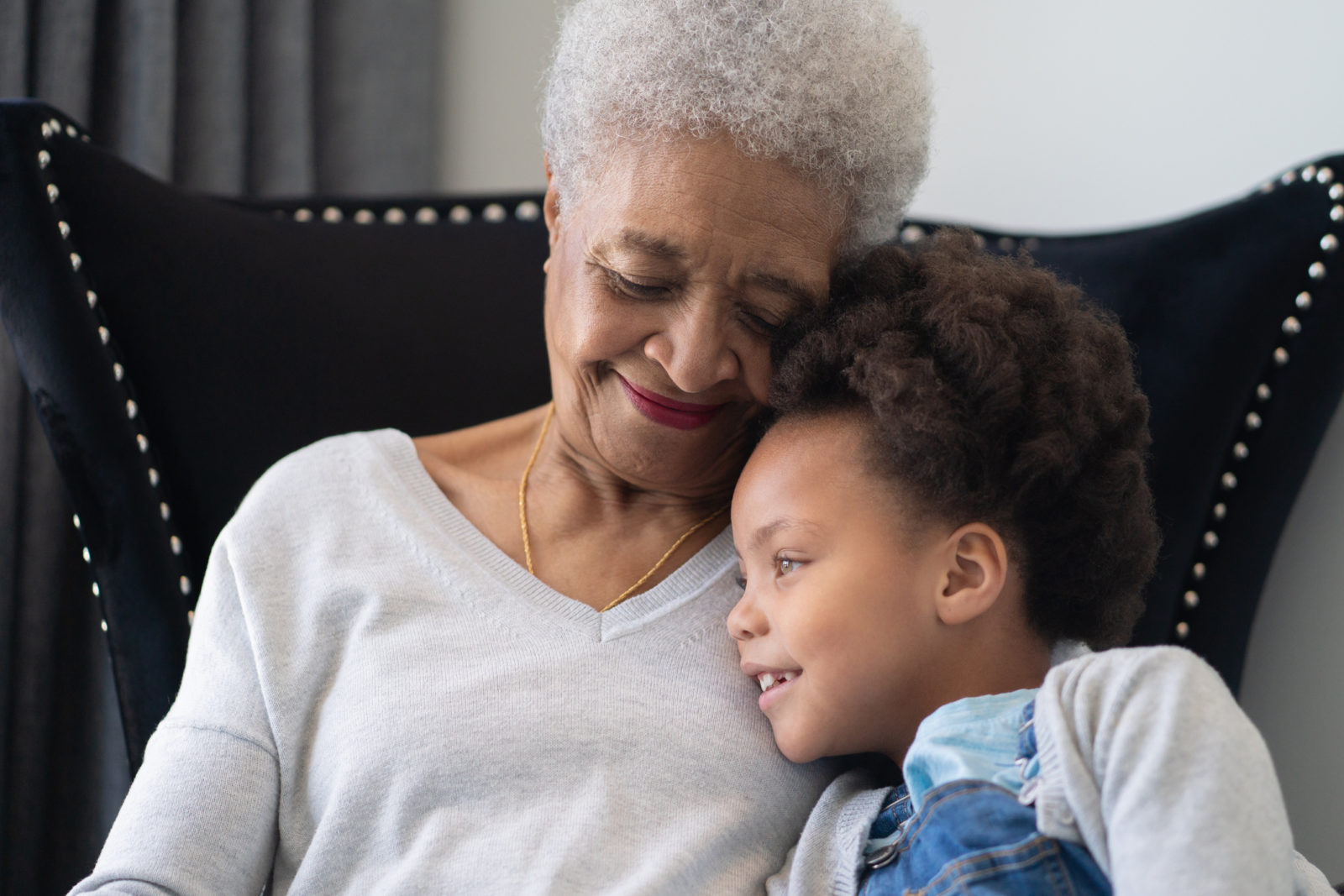How Storytelling Helps Older People

Anyone who’s ever listened to an older person reminisce knows the range of emotions their storytelling can evoke – joy, sadness, awe, pride, and so much else. Storytelling is a fundamental human experience across cultures. And it can be inspiring – many of us who have dedicated our careers to helping seniors trace our paths back to these meaningful connections with our elders.
Those connections are something we’re celebrating in May as part of Older Americans Month (OAM), a time to acknowledge the contributions that older people make to our country. Established in 1963, OAM is celebrated across the country through ceremonies, events, fairs, and other such activities.
This year’s theme is “Communities of Strength,” recognizing the important role older adults play in fostering the connection and engagement that create strong, resilient communities. Through their experiences, successes, and difficulties, older people have developed resilience that helps them face new challenges – the COVID pandemic being an obvious example. When communities tap into this, they become stronger, too.
Listening to the stories of older family, friends, and neighbors can open up new conversations and strengthen our connections. It creates new bonds and helps preserve family memories and legacies. What’s more, it has been shown to provide numerous mental health benefits for the older person telling the story, such as:
- Strengthening memories
- Reducing stress and anxiety
- Building confidence
- Feeling more connected to others
- Countering loneliness
- Giving them a sense of meaning and purpose
In fact, reminiscing and storytelling have proven to be so powerful that some professionals who work with Alzheimer’s and dementia patients use reminiscence therapy. “Elders often become isolated from their identities as their memories begin to falter, and as the day-to-day issues of living overwhelm the past,” explains David Walsh of Hospice of Southwest Ohio. “Establishing a way to connect with long-ago memories can help re-tie that rope to familiarity.”
We at LifeCare Advocates and other Aging Life Care Professionals® understand all too well the struggles that can result with clients that have dementia or Alzheimer’s. Listening to and preserving their stories can help families ease the sadness of losing a loved one to these diseases. In fact, earlier this year, the Aging Life Care Association honored Jay Newton-Small, the CEO and co-founder of a program called MemoryWell, with its 2021 Distinguished Ambassador in Aging Award. Newton-Small’s work with MemoryWell advances the importance of helping older adults’ quality-of-life experiences with stories that can be shared with family and care providers.
Chances are you’ve heard a few stories from older family members, friends or neighbors. If you’d like more ideas for questions, this article from the Council on Aging of Central Oregon suggests a bunch that seem guaranteed to bring out some good stories. Enjoy this wonderful human experience – and build connections while you’re at it!
![LifeCare Advocates [logo]](https://www.lcadvocates.com/wp-content/uploads/sites/270/2017/11/logo.png)